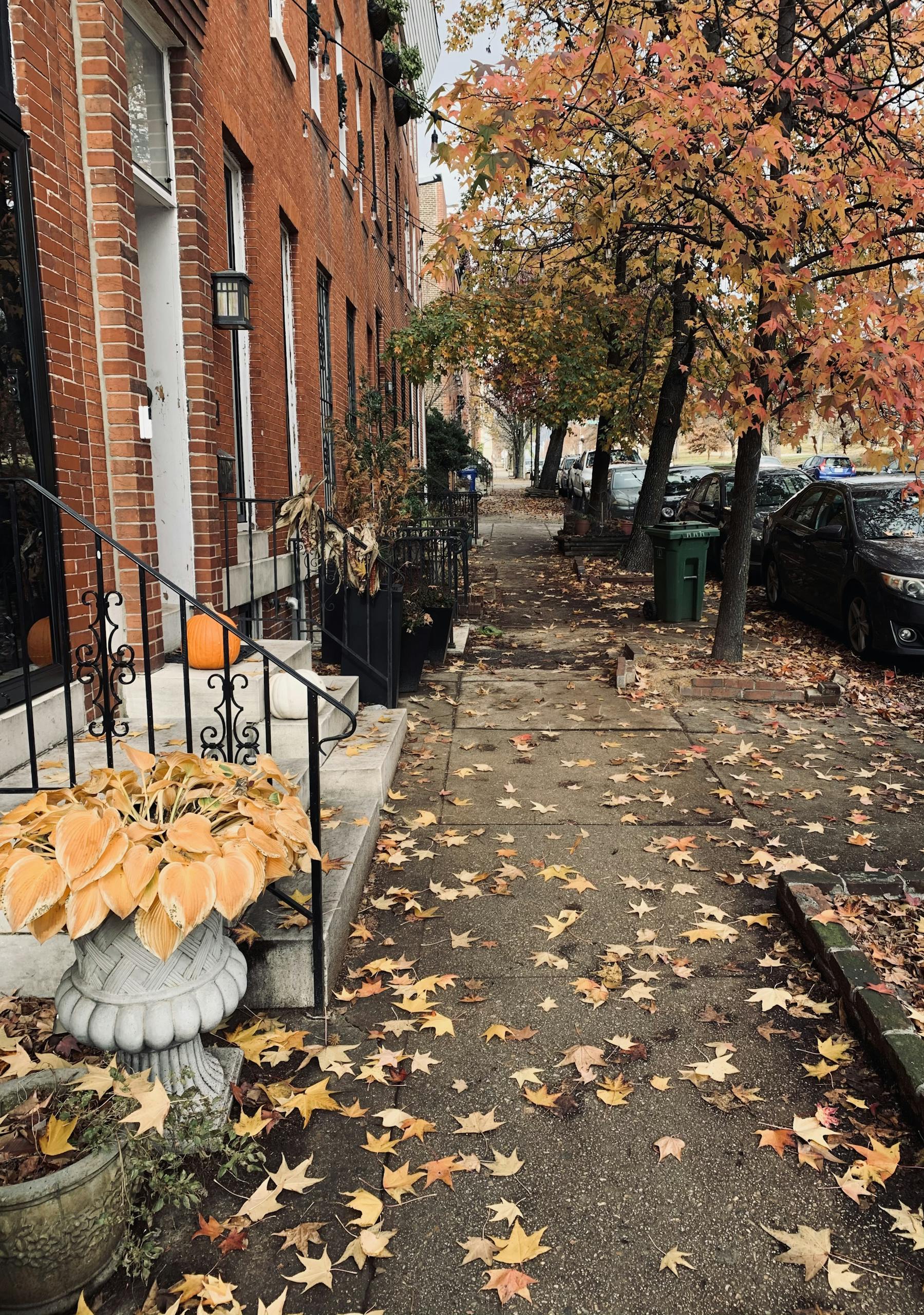How to Get an FHA Loan with a Chapter 13 Bankruptcy in Maryland: A Complete Guide for 2025
Filing for Chapter 13 bankruptcy can be a significant setback for your financial future. However, it doesn’t necessarily mean that homeownership is out of reach forever. In fact, if you are in Chapter 13 bankruptcy and looking to buy a home in Maryland, there’s still a possibility of qualifying for an FHA loan. The Federal Housing Administration (FHA) provides mortgage insurance on loans made by approved lenders to borrowers with low to moderate credit scores and other financial challenges, including bankruptcy.
In 2025, buying a home after a Chapter 13 bankruptcy is still possible if you meet specific conditions. This article will guide you through the steps to secure an FHA loan in Maryland post-bankruptcy. We’ll cover the eligibility criteria, the FHA loan application process, and tips for improving your chances of approval.
What is a Chapter 13 Bankruptcy?
Before diving into how to get an FHA loan, it’s important to understand what Chapter 13 bankruptcy is and how it works.
Chapter 13 bankruptcy is a type of bankruptcy where individuals with regular income can create a plan to repay all or part of their debts over a period of three to five years. Unlike Chapter 7 bankruptcy, which can wipe out unsecured debts (like credit card debt), Chapter 13 requires the individual to repay creditors over time under the supervision of the bankruptcy court.
Key points about Chapter 13 bankruptcy include:
•Debt Repayment Plan: Under Chapter 13, you propose a repayment plan to the court, typically lasting between 36 and 60 months.
•Asset Protection: Chapter 13 allows you to keep your property, including your home, if you stick to the repayment plan.
•Discharge of Debts: After completing the repayment plan, any remaining eligible debt is discharged.
Filing for Chapter 13 bankruptcy impacts your credit score and financial stability, making it harder to qualify for loans. However, it’s important to know that FHA loans can still be an option even if you’ve gone through a Chapter 13 bankruptcy.
FHA Loans: What Are They?
An FHA loan is a government-backed mortgage that is designed to help individuals with less-than-perfect credit or smaller down payments purchase a home. The Federal Housing Administration (FHA) insures these loans, reducing the risk to lenders and allowing them to offer more favorable terms, such as lower down payments and more lenient credit requirements.
Some key features of FHA loans include:
•Lower Down Payments: FHA loans require as little as 3.5% down if you have a credit score of 580 or higher.
•Easier Qualification Criteria: FHA loans are often easier to qualify for compared to conventional loans, especially if you have a lower credit score or recent financial setbacks.
•Mortgage Insurance: FHA loans require two types of mortgage insurance: an upfront premium and an annual premium. This insurance protects the lender in case you default on the loan.
These benefits make FHA loans an appealing option for borrowers with Chapter 13 bankruptcy in Maryland, as long as they meet the necessary qualifications.
Can You Get an FHA Loan with a Chapter 13 Bankruptcy in Maryland?
The good news is that it is possible to qualify for an FHA loan after filing for Chapter 13 bankruptcy in Maryland, but there are specific conditions you need to meet. In 2025, the FHA allows borrowers who have filed for Chapter 13 bankruptcy to apply for a home loan under certain circumstances.
Key Requirements for Getting an FHA Loan After Chapter 13 Bankruptcy
1.Time Since Filing Chapter 13:
One of the key requirements for obtaining an FHA loan after Chapter 13 bankruptcy is that you must have completed at least one year of your repayment plan. If you are still in the middle of your Chapter 13 bankruptcy, you may be eligible to apply for an FHA loan, but you will need approval from the bankruptcy court to proceed with the loan application.
•One-Year Waiting Period: If you are in Chapter 13 and have made at least one year of on-time payments, you can apply for an FHA loan, assuming other conditions are met.
•Court Approval: If you’re still in Chapter 13, you may need to obtain permission from the bankruptcy court to take on new debt. Your bankruptcy trustee may need to approve the loan application, as taking out a mortgage would add a new financial obligation.
2.Proof of Consistent Payments:
Lenders will want to see that you have demonstrated financial responsibility after your bankruptcy. This means showing that you’ve made consistent, on-time payments toward your Chapter 13 repayment plan. If you’ve missed payments or failed to meet the requirements of your bankruptcy repayment plan, your chances of getting approved for an FHA loan will be significantly reduced.
3.Credit Score Requirements:
Typically, FHA loans require a credit score of at least 580 for a 3.5% down payment. If your credit score is between 500 and 579, you may still qualify for an FHA loan, but you’ll need to provide a larger down payment of at least 10%.
Your credit score may have taken a hit due to the bankruptcy, but as long as you can demonstrate that you are back on track and have made payments on time, you may still qualify. Many lenders in Maryland will be flexible with their credit score requirements if you’ve shown responsible behavior post-bankruptcy.
4.Debt-to-Income (DTI) Ratio:
Your debt-to-income ratio (DTI) is one of the most important factors lenders will consider when assessing your ability to repay the loan. The FHA typically requires a DTI ratio of 43% or lower, though some lenders may allow for higher ratios with compensating factors, such as a large down payment or substantial savings.
Your DTI ratio is calculated by dividing your total monthly debts by your gross monthly income. A lower DTI ratio demonstrates to lenders that you have the financial ability to manage additional debt, such as a mortgage.
5.Down Payment:
FHA loans typically require a down payment of 3.5% for borrowers with a credit score of at least 580. If your credit score is lower, you may need to put down a larger amount. While 3.5% down is relatively low compared to conventional loans, it is still a financial commitment, and it’s important to ensure that you have the necessary funds available.
6.Stable Employment and Income:
Lenders will want to verify that you have a steady source of income. If you’ve recently changed jobs or have gaps in your employment history, it could be harder to prove stability. Ideally, you should have at least two years of stable income in the same job or industry to increase your chances of approval.
Additional Steps to Improve Your FHA Loan Approval Odds
If you’re currently in Chapter 13 bankruptcy or recently discharged, there are a few additional steps you can take to improve your chances of qualifying for an FHA loan in Maryland.
1.Save for a Larger Down Payment:
If possible, save for a larger down payment to show your commitment to the home purchase. A larger down payment reduces the lender’s risk and can improve your chances of approval, especially if your credit score is still recovering from your bankruptcy.
2.Work on Improving Your Credit Score:
If your credit score is below the FHA’s requirements, take steps to improve it before applying. Start by checking your credit report for errors, paying down outstanding debts, and making all of your payments on time. Even small improvements in your score can help you qualify for better loan terms.
3.Consult a Bankruptcy Attorney:
If you’re still in the process of Chapter 13 bankruptcy, it’s important to speak with your bankruptcy attorney. They can guide you through the process of obtaining court approval for a mortgage and help ensure that your loan application complies with bankruptcy rules.
4.Work with a Specialized FHA Lender:
Some lenders specialize in helping individuals who are rebuilding their credit after bankruptcy. These lenders are familiar with the process and can work with you to identify the best path to securing an FHA loan, even if your credit is less than perfect. Consider researching local lenders in Maryland who have experience working with FHA loans post-bankruptcy.
FHA Loan Process for Chapter 13 Bankruptcy Borrowers in Maryland
Once you’ve determined that you meet the eligibility requirements for an FHA loan, the process of applying for a mortgage is straightforward. Here are the key steps involved:
1.Obtain Your Certificate of Eligibility (COE):
The first step in the FHA loan process is to obtain your Certificate of Eligibility (COE). This document verifies your military service (if applicable) and makes you eligible for an FHA loan. You can apply for a COE through the VA eBenefits website if you’re a veteran or active-duty service member.
2.Pre-Approval:
The next step is to obtain pre-approval from a lender. This involves submitting your financial documentation, including proof of income, credit score, and debt information. The lender will assess your financial situation to determine how much you can borrow and whether you meet the FHA requirements.
3.Submit Your Application:
Once you’re pre-approved, you can submit a formal application for an FHA loan. Your lender will collect additional documents, including your bankruptcy discharge papers, proof of timely payments, and any other information required to evaluate your loan application.
4.Loan Underwriting:
After submitting your application, the loan will go through underwriting. The underwriter will review your financial situation and ensure that all requirements are met. If everything looks good, your loan will be approved.
5.Closing:
After approval, you will proceed to the closing stage. This is where you will sign the mortgage documents and officially become a homeowner. Closing costs are typically 2-5% of the loan amount, so be prepared for these additional expenses.
Final Thoughts
It is entirely possible to get an FHA loan after a Chapter 13 bankruptcy in Maryland in 2025, but it requires meeting specific eligibility criteria and demonstrating financial responsibility. By adhering to your Chapter 13 repayment plan, maintaining a stable income, and saving for a down payment, you can increase your chances of securing an FHA loan.
If you are considering buying a home after filing for Chapter 13 bankruptcy, it’s essential to work with a qualified lender who understands the nuances of post-bankruptcy FHA loans. Contact a local FHA-approved lender in Maryland to discuss your options and start the process today.
For more information on FHA loans and eligibility after bankruptcy, check out these resources:
•Maryland Department of Housing and Community Development
•U.S. Bankruptcy Court – Maryland
With careful planning and the right guidance, homeownership can still be a reality, even after a Chapter 13 bankruptcy.

